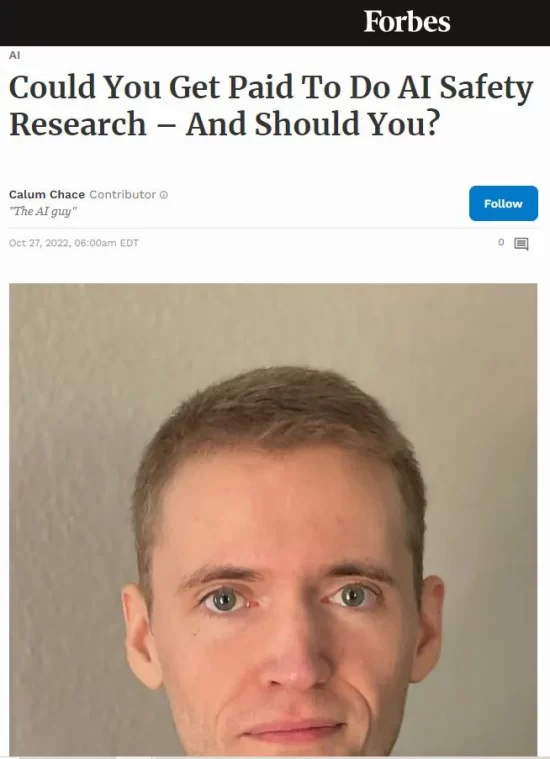Taking back control of the Singularity
David Wood’s new book, “The Singularity Principles” is published at an opportune moment. A growing number of well-informed people are saying that the technological singularity – the arrival of superintelligent machines – now appears to be much nearer than they used to think. If it is, then the job of making sure the outcome is positive for humans becomes urgent. Wood and I discussed his book in the latest episode of The London Futurist Podcast. Rapture for Nerds The task of ensuring that superintelligence is safe for humanity is hindered by the fact that many people do not take it...




